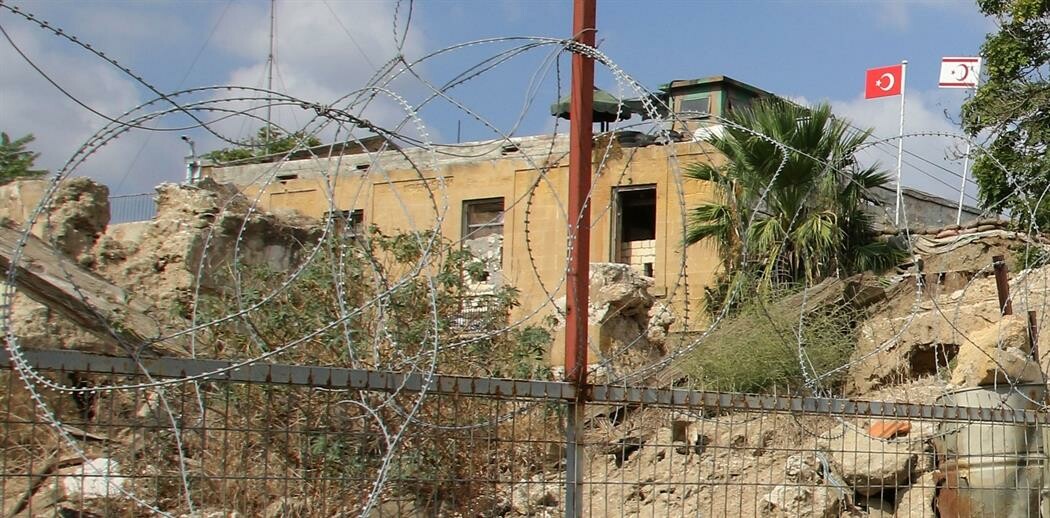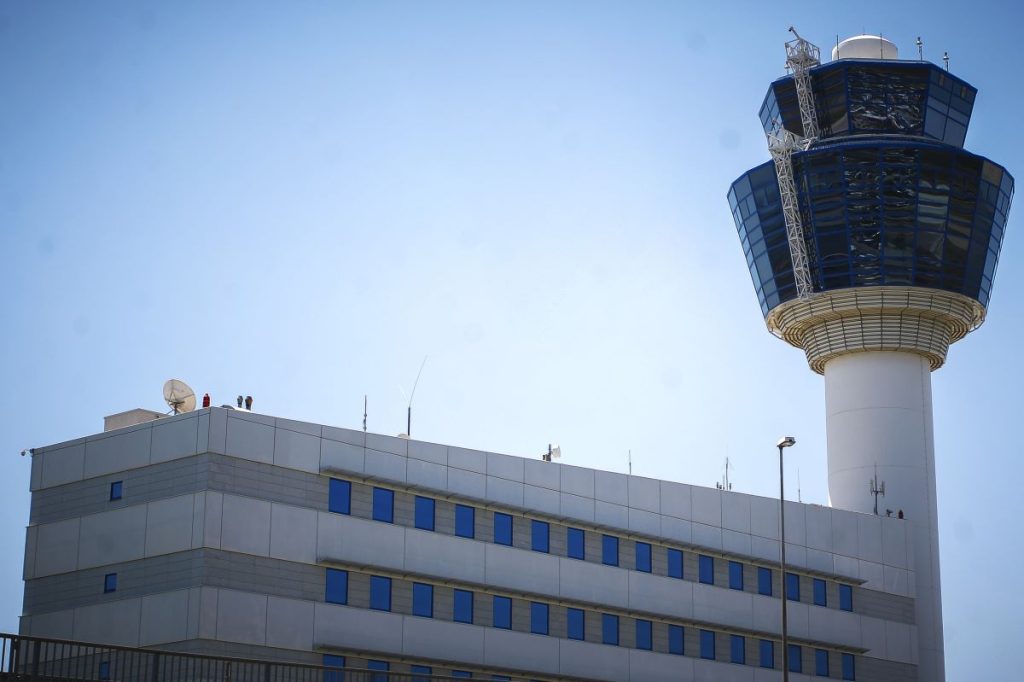the By Yannis Kartalis
With a backdrop of the heavy shadow of failed plans to resolve the Cyprus problem the much touted five-way talks [between the Republic of Cyprus, the Turkish Cypriot community, Greece, Turkey and the UK with UN Secretary-General Antonio Guterres] will be held today in the middle of Greek Orthodox Holy Week, with all that it symbolises.
The informal talks will review the worst settlement proposal to date, the Turkish Cypriot demand (guided by Ankara) for a two-state solution that would bring the permanent, de jure partition of the island.
That would essentially constitute annexation by Ankara of the Turkish occupied [since the 1974 invasion] northern part of the island, unless the process leads to a plan for some sort of confederation – instead of the decades-long UN framework for a bizonal. bicommunal federation that has in theory been agreed upon by the two sides over four decades ago but which the Turkish side is now attempting to overturn.
The talks come straight on the heels of an intense public skirmish in Ankara between Foreign Minister Nikos Dendias and his Turkish counterpart, Mevlut Cavusoglu, over what divides the two countries.
One was expecting the much-discussed “hot incident” between Greece and Turkey to take place on the ground but instead, fortunately, it occurred on the diplomatic field. Obviously diplomatic fire is preferable to live fire.
The war-mongering Turkish President Recep Tayyip Erdogan is threatening to once again send his ships to Cyprus’ Exclusive Economic Zone [which has been proven to have rich natural gas deposits] if he cannot achieve a Cyprus settlement that is to his liking.
With such a backdrop it is plain to see that one can expect very little from today’s conference in Geneva.
This is primarily because both sides had agreed from the beginning of the quest for a settlement, over four decades ago, that it would lead to the creation of a bi-communal, bi-zonal federation, which was enshrined in all relevant UN resolutions since then.
That means a unified state entity in which both communities would cooperate, something akin to the arrangement in Belgium, and that the new state system could be changed only with the agreement of both sides.
That is why the UN Secretary-General is not optimistic about the prospect of a substantial discussion about a solution today. He simply wants to ascertain whether a settlement effort can get off the ground.
The Republic of Cyprus and Greece are coming to the table with similar reservations as they are in agreement that they will flatly reject the Turkish Cypriot proposals.
Unfortunately, all this is happening when the geopolitical situation in the Eastern Mediterranean is tumultuous due to conflicting claims on hydrocarbons reserves.
That means that a Cyprus settlement is no longer confined to the narrow limits of the Greek-Turkish dispute, which is focused on the Aegean. It is the necessary condition for a broader arrangement that covers the entirety of the sensitive region.
It is a pity that the Greek Cypriots were not able to strike a deal when the previous Turkish-Cypriot leader was a moderate.




